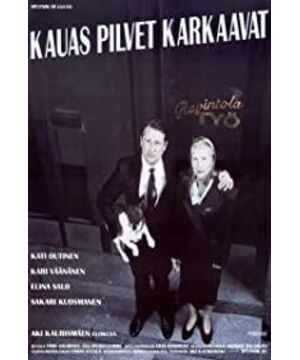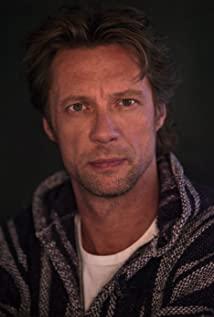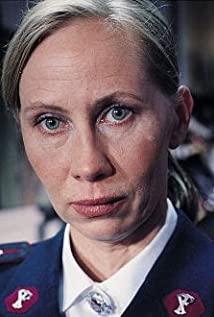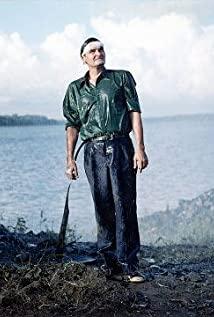The first part of Akikorismaki's Finnish trilogy set the tone for his aesthetic style. The melancholy gray-blue, the close-up of the characters, the blurred light and shadow, and the humorous, blank shots-some people say that this is a mixture of Bresson and Ozu, and there is indeed such a look and feel. But I appreciate Archie's portrayal and understanding of love more than aesthetics.
"It happened, it's neither good nor bad" The source of this sense of security benefits from the consistent warm companionship and tolerance of the male and female protagonists. In modern society, what is right and what is wrong in a relationship is implemented in very subtle places, sometimes it is a sentence, sometimes it is an action. Apparently many of Kerry's actions being screened alone would cause a round of criticism on social networks; why would he lose his temper with his sister? Why did he lose all his money? Even why he doesn't cook. We are getting more and more intolerable with flawed people, flawed love, and imperfect partners. But Aki tells you that this is not a fairy couple, this is just two unemployed people, a poor couple who tolerate and love each other. This is the truest aspect of life. Why love, why endure. These are not problems. But when we see Ina weeping against Carrie because she has found a job she doesn't like, we understand that this is what irreplaceable love looks like. Wrapped in layers of decadence, confusion, and grievances, find a feeling of peace of mind or to rely on.
Unemployment, struggle and love, these three appear at the same time in movies describing the lives of the people at the bottom. There is no violent conflict and excitement, but we still feel anxious until the end of Aina and Kerry staring at the sky outside the restaurant together, We are finally relieved that this is a story with no end, a life in progress, no need to ask why, it happens, it happens, that's all.
View more about Drifting Clouds reviews











